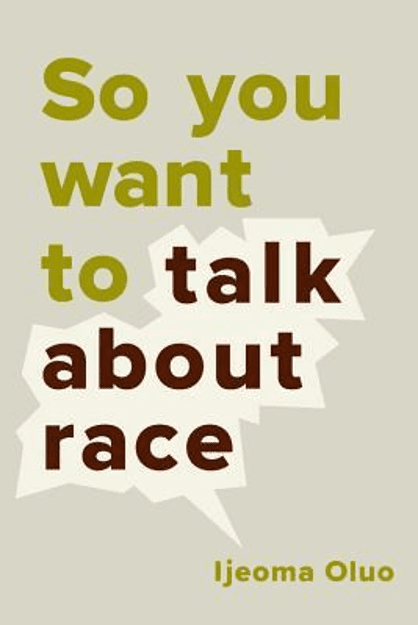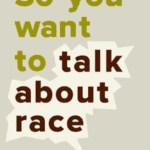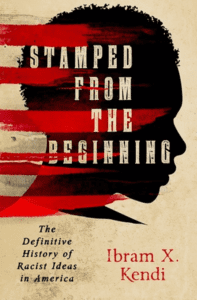How Can You Really Know Someone?

Taking the time.
I have a birthday early in March. As is now normal, I was showered with birthday wishes on my Facebook page. My favorite, this year was
“happy birthday Rona! wishing you good reads, well behaved kitties, real chocolate, and architectural appropriateness in all remodels.”
Why was this my favorite? Because this person gets me. She knows I read a lot, love my cats, think life is too short to eat cheap chocolate, and I am a house nerd who is irritated by bad remodeling. It made me laugh to see it all put together like that. This person was a real estate client of mine, but she took the time to notice, and remember, four things about me.
How can you really know someone, if there are cultural differences?
The real estate client who knows about me and chocolate comes from the same region of the country as I do. We have a similar class and ethnic background. We have both met many people just like one another. There wasn’t much of a learning curve, culturally. We can get right to dogs-cats, chocolate-vanilla, Prius-pickup…all those consumer choices that partly define us.
This is different when I meet a real estate client from another part of America, or from another country. To them, chocolate may not be important (and I will instantly hate them — just kidding!) Seriously, my clients have been from all over the world, and there is less instant recognition, in regard to values and culture. There is a learning curve. It takes some questions, and some waiting for full answers.
How to ask “getting to know you” questions
General questions work best. Ask when you are involved in doing something with someone. Then leave room for an answer that might be a story. No one owes you a lesson in their culture, if you grew up differently. However, most people tell stories of how they learned something, what they like or dislike, and places they have been and things they have seen. These experiences give insight into what people around you like and value.
For example:
You are good at some sport or game. Are you a natural, or how did you learn that?
Do you enjoy some dish, like chicken? How do you prepare that dish your way?
This place is beautiful. Where else have you seen as pretty as this?
Getting to know another person takes time. It takes trust. It also takes respecting boundaries. People from a different ethnicity or race than you are not responsible to be an ambassador to you, speaking for “their people.” Give them room to speak for themselves, and you will learn some about their people along the way.
My superpower: being a real estate agent!
As a real estate agent, I have a natural opening for asking questions. “What about this house fits your life, or not?” is a question that allows for a lot about a person’s life story.
Sometimes I hear about aspirations for a house full or children. Sometimes I hear about houses from their past; a house may be like their grandparent’s place, or a friend’s place, or the rich people’s place that they walked by as a kid. Sometimes, these stories are not pleasant, and very private.
I may also get simple answers to the question “What about this house fits your life?” “It’s big enough.” “It has good light.” “It doesn’t have enough kitchen cabinets.” Those are all perfectly reasonable answers. No one is required to open up about their biography, and lots of people don’t and won’t. The same is true about people who you work with or meet causally.
Black History Month reading list, 2020.
Why I chose these two books.
 Since you don’t want to make other people do the work and the emotional labor of explaining their situation all the time, another way you can get to know them is by reading.
Since you don’t want to make other people do the work and the emotional labor of explaining their situation all the time, another way you can get to know them is by reading.
For Black History Month, I read So You Want to Talk About Race by Ijeoma Oluo because it is right up my alley regarding verbal self-defense. She is able to articulate what happens in conversations between white people and black people that, in her experience, creates tension. She writes about how to handle the discomfort.
 I also read a history by an African American author who I have been following, Ibram Kendi’s Stamped from the Beginning. I needed a more comprehensive understanding of American history from a minority perspective.
I also read a history by an African American author who I have been following, Ibram Kendi’s Stamped from the Beginning. I needed a more comprehensive understanding of American history from a minority perspective.
This book starts with Columbus and includes white Europeans and minority leaders’ philosophies and life stories. I especially liked that he explained the goals of African American leaders, and how the philosophical differences that put some of them at odds with one another.
What are the best conversations you’ve had, or the best books that you read, that helped you understand someone coming from a different place?

